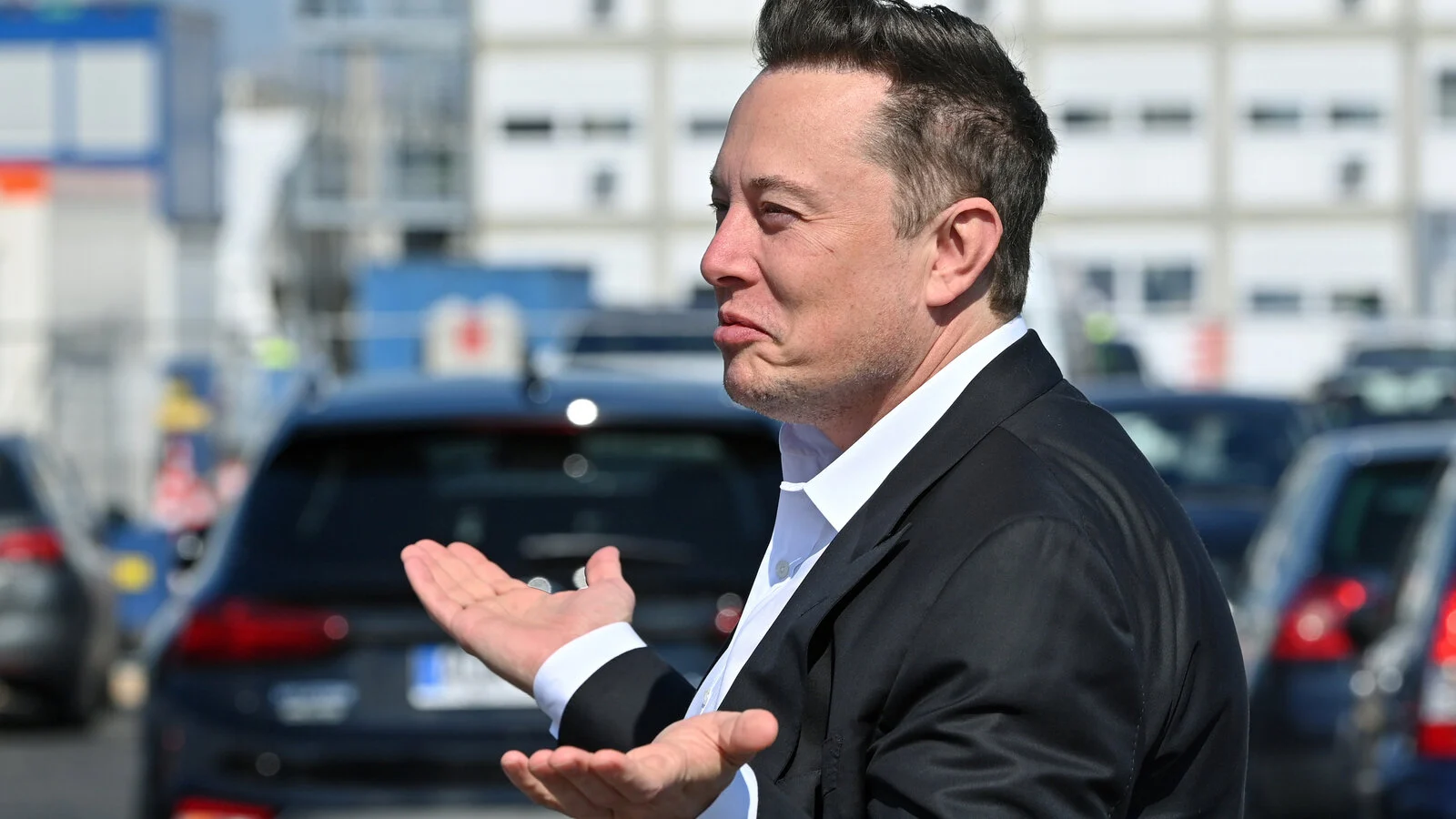Musk, the founder of SpaceX and Tesla, has filed a lawsuit against OpenAI and its CEO, Altman, for breaching their non-profit agreement and partnering with Microsoft for profit-driven AI development.

The tech visionary is in a legal battle with OpenAI and its CEO, Altman, over their non-profit agreement. Elon Musk claims that OpenAI has betrayed its original mission of developing open-source artificial general intelligence (AGI) for the benefit of humanity and has instead become a closed-source entity driven by profit in partnership with tech giant Microsoft.
Musk, who co-founded OpenAI with Altman and other prominent figures in 2015, has filed a lawsuit against OpenAI and Altman in San Francisco Superior Court, alleging a breach of their non-profit agreement. He contends that OpenAI’s recent partnership with Microsoft has veered it off course from its initial goal of promoting open-source AGI for the greater good.
Elon Musk claims that OpenAI has betrayed its original mission of developing open-source AGI for the benefit of humanity and has instead become a closed-source entity driven by profit in partnership with Microsoft. He cites the release of GPT-4, a closed model that only Microsoft and select partners can access, as a significant departure from OpenAI’s principles.
He also criticizes the lack of technical expertise on OpenAI’s board and the 2023 firing and reinstatement of Altman as CEO as signs of a profit-driven agenda that undermines OpenAI’s non-profit status.
Elon Musk now demands that OpenAI revert to its open-source ethos and seeks an injunction to prevent the exploitation of AGI technology for profit. He also outlines several grievances, including breach of contract, breach of fiduciary duty, and unfair business practices.
The Potential Risks of Profit-Driven AI Development
The lawsuit underscores his concerns about the potential risks posed by unchecked AGI development in the hands of profit-driven entities. He warns that prioritizing commercial gain over ethical considerations could have far-reaching implications for public safety and the future of AI technology.
Musk, who is known for his outspoken views on the dangers of AI, has repeatedly called for the regulation and oversight of AI development, especially AGI, which is the hypothetical ability of AI to perform any intellectual task that humans can. He has expressed his fear that AGI could surpass human intelligence and pose an existential threat to humanity if not aligned with human values and goals.
Musk has also advocated for the democratization and accessibility of AI, arguing that AI should be used for the common good rather than for the benefit of a few. He has supported the development of open-source AI platforms, such as OpenAI and X, which aim to create and share AI for everyone.
The Challenges and Changes Facing OpenAI
Meanwhile, amid this ongoing legal heat, OpenAI is preparing to appoint new board members. This move comes as the company navigates through regulatory investigations and internal leadership turmoil.
Altman’s reinstatement as CEO in November followed a period of upheaval, with several board members resigning, including Musk’s former partner and co-founder of PayPal, Peter Thiel. Notably, regulatory scrutiny has intensified, with the SEC reportedly investigating internal communications to determine if investors were misled during the leadership upheaval.
OpenAI, which started as a non-profit research organization, has undergone several changes in its structure and vision over the years. It created a hybrid structure in 2019, consisting of a non-profit entity and a for-profit entity called OpenAI LP, which allows it to raise funds from investors and offer returns.
In 2020, it announced a $1 billion partnership with Microsoft, which gave Microsoft exclusive access to its GPT-3 model, the predecessor of GPT-4. In 2021, it launched OpenAI Codex, a commercial product that allows developers to create applications using natural language commands.
OpenAI’s changes have sparked debates and controversies in the AI community, with some praising its innovation and impact and others questioning its transparency and accountability. The lawsuit by Musk adds another layer of complexity and uncertainty to the future of OpenAI and its role in the AI industry

